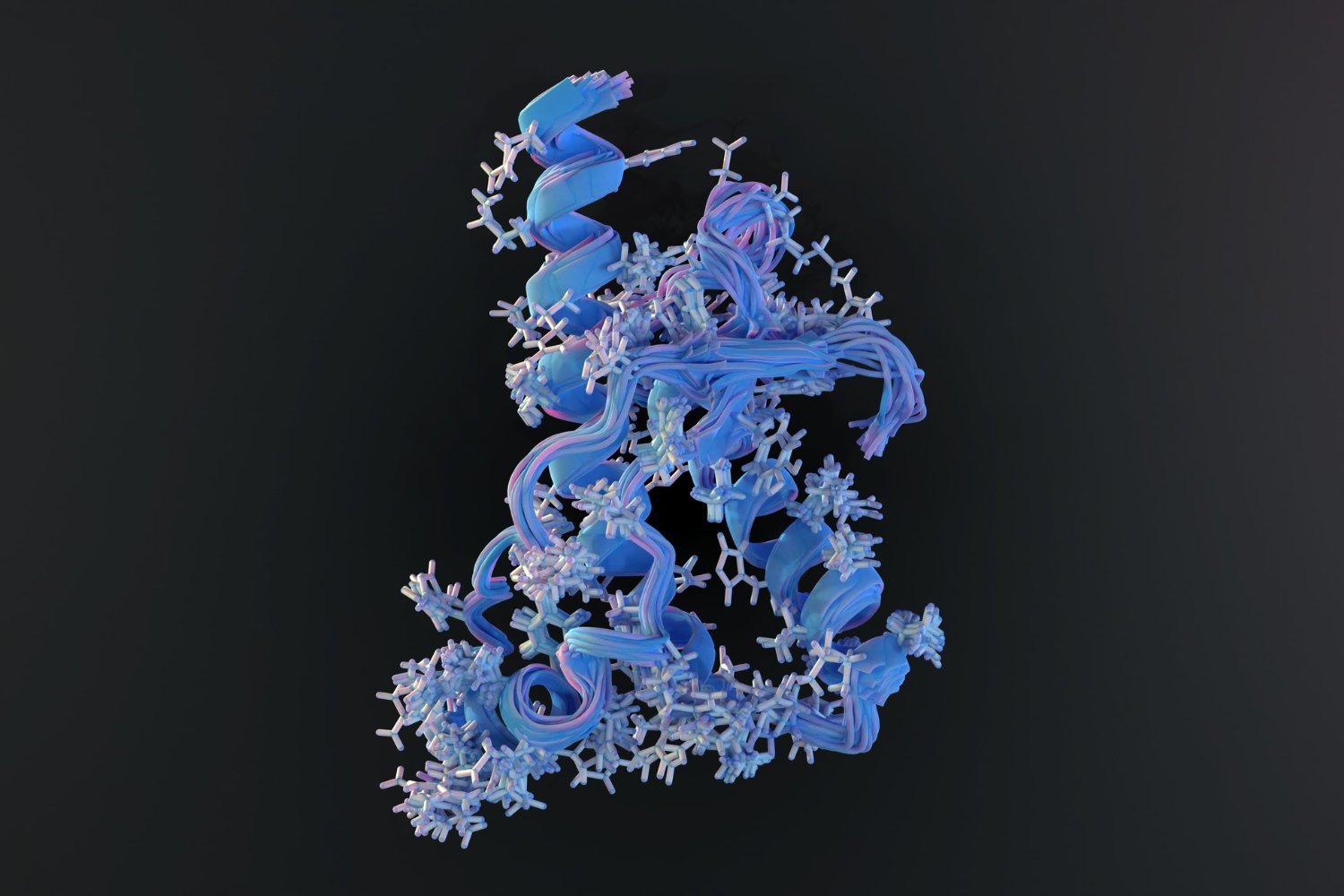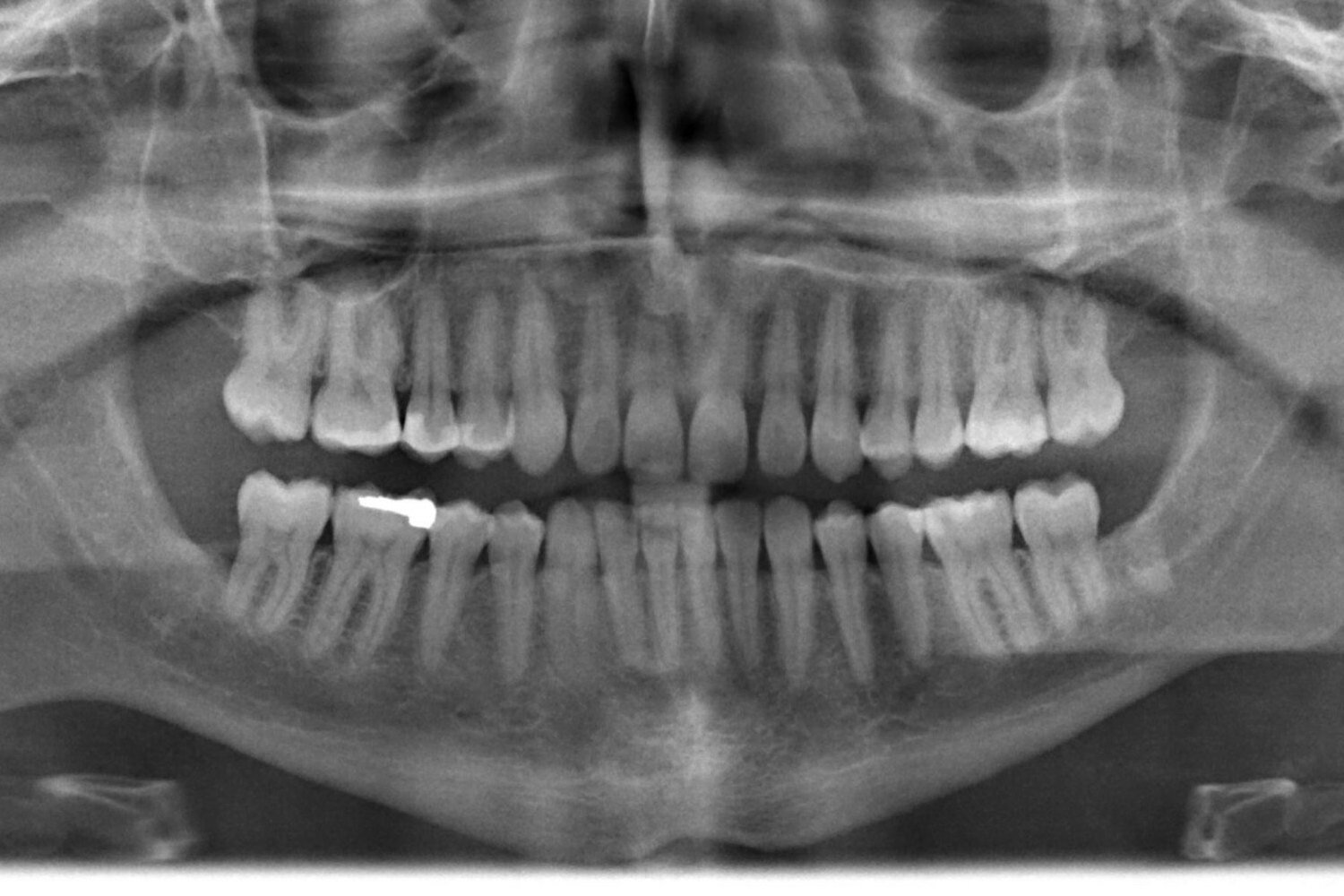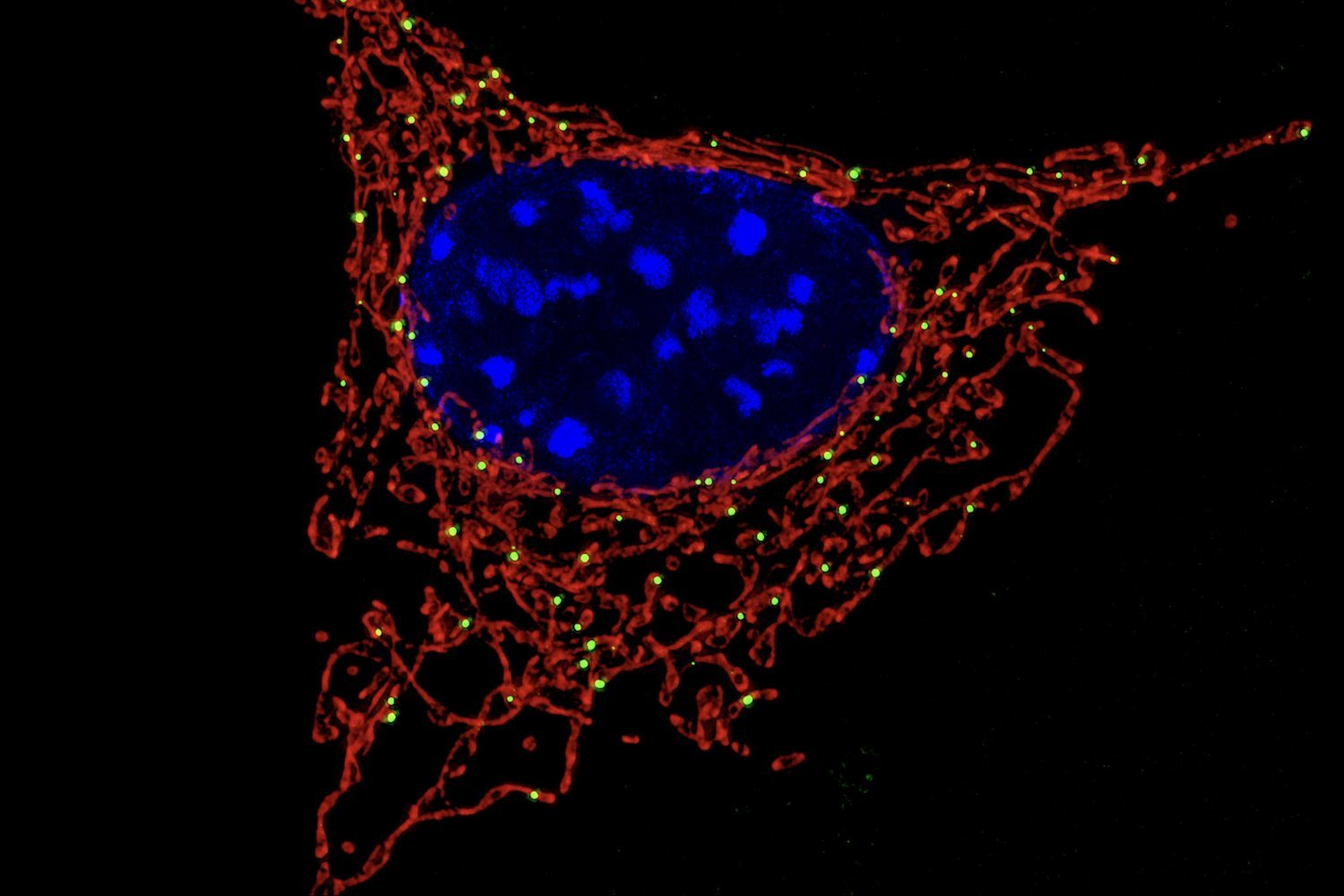Prions, infectious proteins devoid of genetic material, represent a unique and terrifying biological enigma. Unlike bacteria, viruses, or fungi, these rogue agents can transform normal proteins into copies of their malignant selves, leading to devastating neurodegenerative diseases. In his new book, The Power of Prions, microbiologist Michel Brahic offers an in-depth exploration of these mysterious proteins, their destructive potential, and their surprisingly essential role in life itself.
Brahic, a long-time researcher in the field of neurodegenerative diseases, provides a clear and accessible overview of prions, their mechanisms of action, and their impact on human health. He traces the history of prion research, from the initial discovery of their unique infectious nature to the ongoing investigations into their role in common neurodegenerative disorders like Alzheimer’s and Parkinson’s disease.
The Destructive Power of Prions
Brahic meticulously details the devastating effects of prion diseases, such as Creutzfeldt-Jakob disease (CJD) in humans, mad cow disease in cattle, and chronic wasting disease in deer. He explains how the exponential growth of misfolded prions disrupts normal brain function, ultimately leading to fatal outcomes.
Before delving into the specifics of prion diseases, Brahic lays a solid foundation by explaining the basics of the nervous system and protein function. This groundwork allows readers to fully grasp the complexity of prion behavior and its implications for human health.
Prions and Common Neurodegenerative Diseases
A key focus of The Power of Prions is the potential role of prion-like mechanisms in more prevalent neurodegenerative diseases like Alzheimer’s, Parkinson’s, and even type 2 diabetes. Brahic explores the evidence suggesting that misfolded proteins, similar to prions, may contribute to the progression of these conditions.
While emphasizing the similarities in protein misfolding, Brahic clarifies that these conditions are not contagious in the same way as classic prion diseases. He underscores the crucial distinction between prion diseases, which can be transmitted between individuals, and prion-like mechanisms in other neurodegenerative disorders, which are generally not infectious.
Unraveling the Mysteries of Prions
In an interview with maagx.com, Brahic discusses the most pressing unanswered questions in prion research. One central mystery is how prions ultimately cause neuronal death. While there are several hypotheses, including mitochondrial dysfunction and cellular starvation, the precise mechanism of prion toxicity remains elusive.
Another crucial area of investigation is the extent to which prion-like mechanisms contribute to other diseases, both within and outside the brain. Brahic suggests that a deeper understanding of prion-like behavior could unlock new avenues for treating a wider range of conditions.
The Surprising Importance of Prions
Beyond their destructive potential, Brahic highlights the surprising role of prions in normal cellular function. Some prion-like proteins are essential for various biological processes, and research suggests they may have played a crucial role in the early evolution of life on Earth.
However, our understanding of the beneficial roles of prions remains limited. Brahic emphasizes the need for further research to fully explore the diverse functions of these fascinating proteins.
The Future of Prion Research
Despite the formidable challenges posed by prion diseases, Brahic expresses optimism about the future of prion research. Scientists are actively pursuing new therapeutic strategies, including the development of drugs that can block prion misfolding or protect cells from prion toxicity.
Brahic’s book offers a compelling narrative that blends scientific rigor with accessibility, making it an invaluable resource for anyone interested in understanding the complexities of prions and their impact on human health. The Power of Prions is a testament to the power of scientific inquiry and the importance of exploring even the most enigmatic corners of the biological world.
Conclusion
Prions, while associated with devastating diseases, also hold intriguing clues about the fundamental processes of life. As research continues to unravel their mysteries, we can hope for new treatments and a deeper understanding of these complex proteins. The Power of Prions provides a valuable and accessible entry point into this fascinating field, offering insights that will captivate both scientists and the general public.











